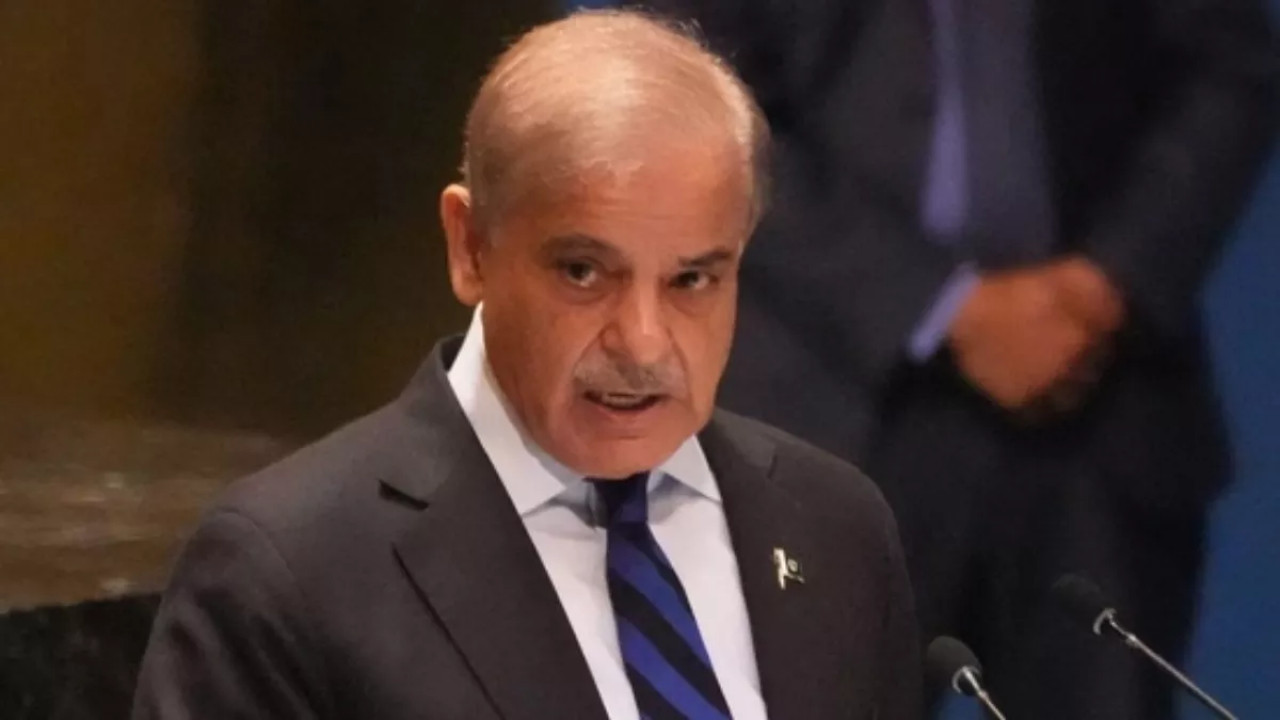
Indus Water Treaty (Social media)
International News: Tensions between India and Pakistan have intensified once again, this time over the decades-old Indus Water Treaty. On Tuesday, Pakistan’s Prime Minister Shehbaz Sharif issued a direct warning to New Delhi, saying his country would never allow its water resources to be taken away.
Speaking at a public event in Islamabad, Sharif declared that Pakistan would defend every drop of its share under the agreement. “If you try to block our water, you will not be able to take even a drop,” he said, addressing India without naming it directly. His comments came shortly after India announced on April 23 that it was suspending the 1960 treaty following a deadly terrorist attack in Pahalgam, Jammu and Kashmir, in which 26 people were killed.
The Indus Water Treaty, brokered by the World Bank, has been one of the few agreements both countries have upheld despite their often-tense relations. The treaty governs the use of water from the Indus River and its tributaries, dividing them between India and Pakistan. However, Pakistan has repeatedly warned that cutting or blocking the flow of water would be considered an act of aggression, even likening it to a declaration of war.
Sharif echoed this position, saying that if India attempted such a move, it would face a strong response. “If they try, we will give them a lesson they will never forget,” he warned.
Before Sharif’s statement, Bilawal Bhutto Zardari, Chairman of the Pakistan People’s Party, also condemned India’s suspension of the treaty. He described the action as an “attack on the Indus Valley Civilization” and cautioned that Pakistan would not shy away if war was imposed upon it.
Pakistan’s top military leadership has also entered the debate. Army Chief General Asim Munir alleged that India is conspiring to undermine Pakistan’s water rights. He declared that Pakistan would “let India build a dam and then demolish it.” Munir insisted that the Indus River is shared by both countries and asserted that Pakistan possesses the capability to thwart any such schemes.
India’s Ministry of External Affairs responded strongly to these comments, particularly Munir’s. The ministry described his words as a “nuclear threat” and said such statements raise serious concerns about Pakistan’s control over its nuclear weapons. The spokesperson made it clear that India will not be intimidated and will take all steps necessary to protect its national security.
The ministry stressed that while India is willing to honor international agreements, it will not tolerate threats or aggressive actions from across the border.
The Indus Water Treaty has endured through several wars and political standoffs between India and Pakistan, standing out as one of the few lasting examples of cooperation between the two nations. However, with the recent suspension by India and the heated exchanges from Pakistani leaders, the future of the agreement now appears uncertain.
Analysts fear that if the dispute escalates, it could deepen hostilities between the two nuclear-armed neighbors. For now, both sides seem unwilling to back down, and the battle over water has added yet another layer of tension to their already strained relationship.





Copyright © 2026 Top Indian News
